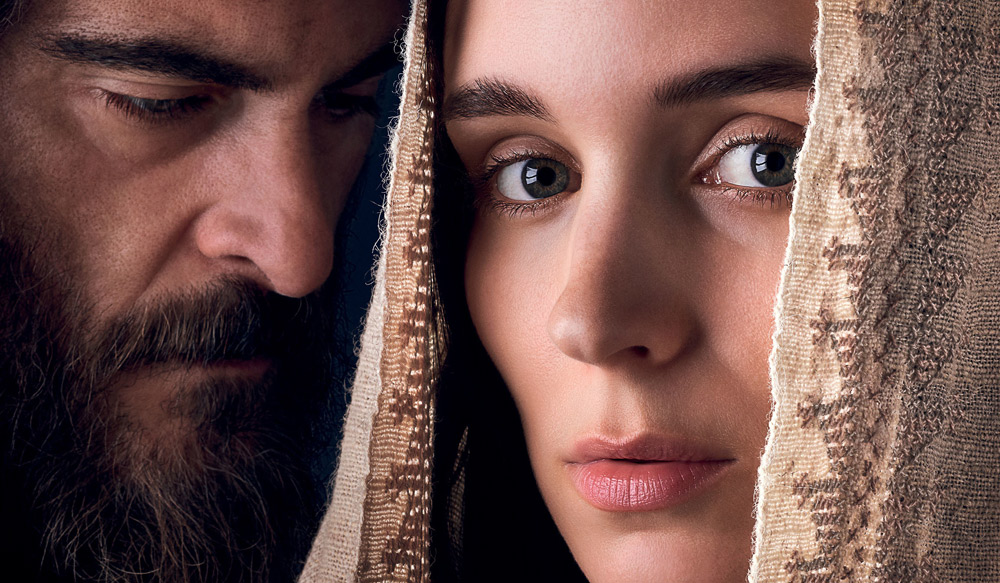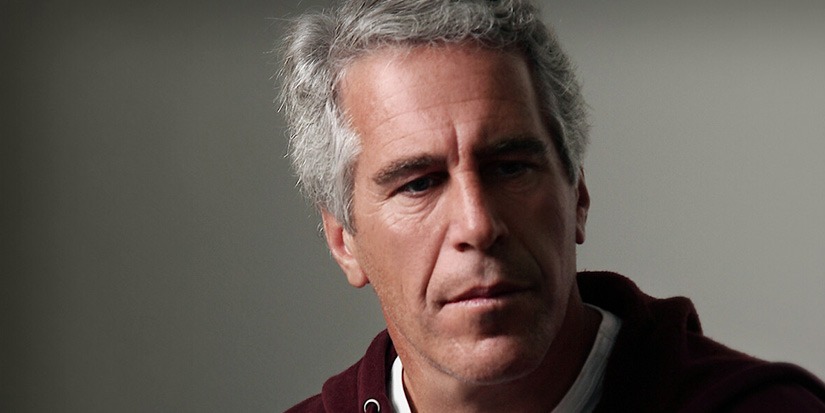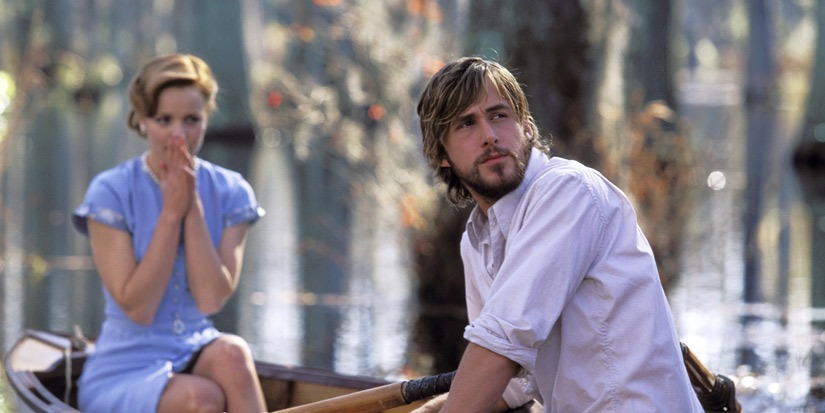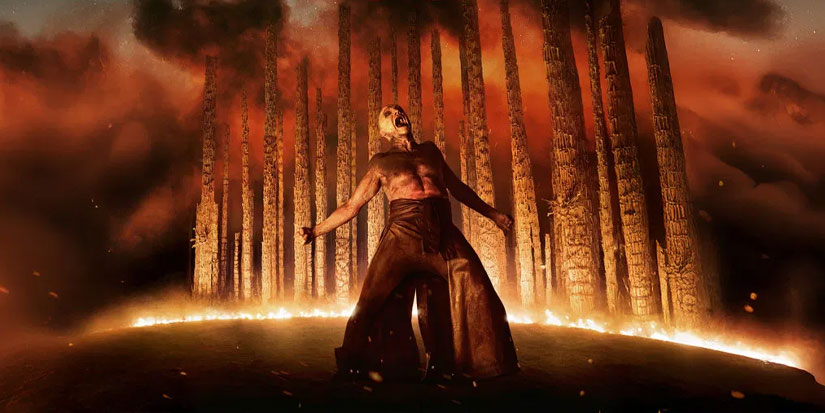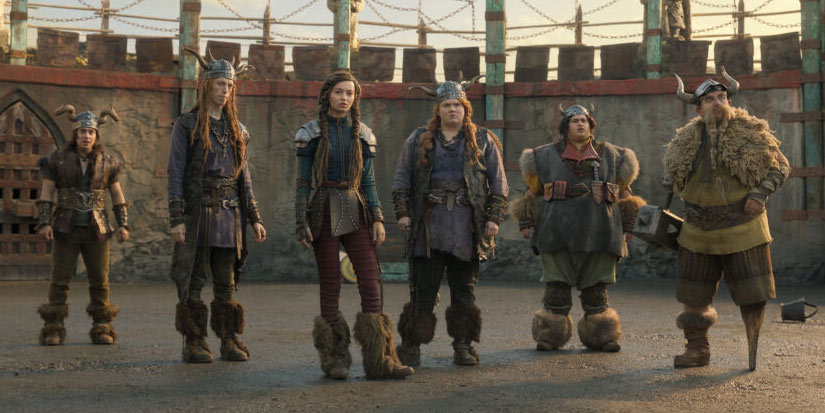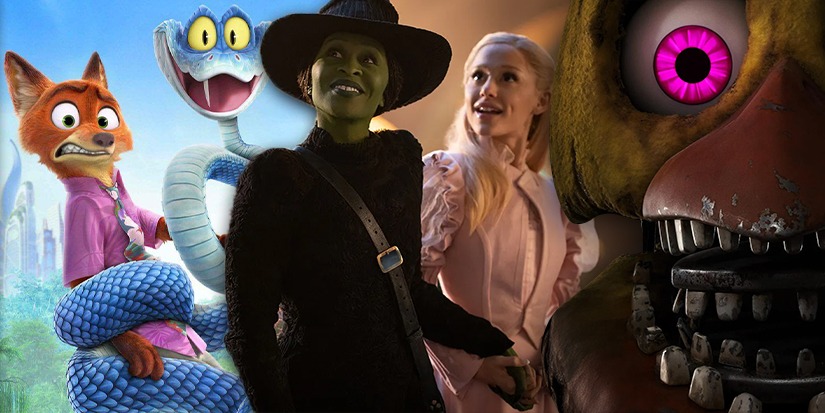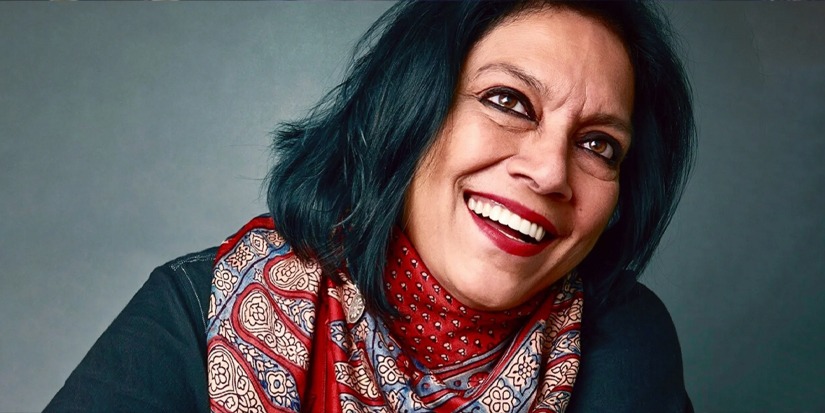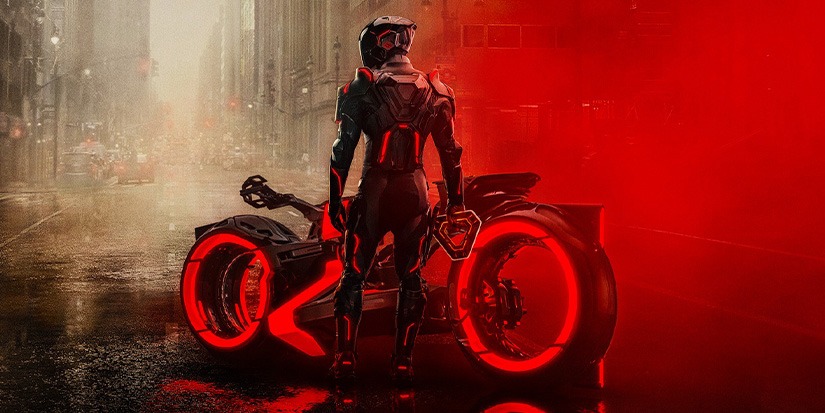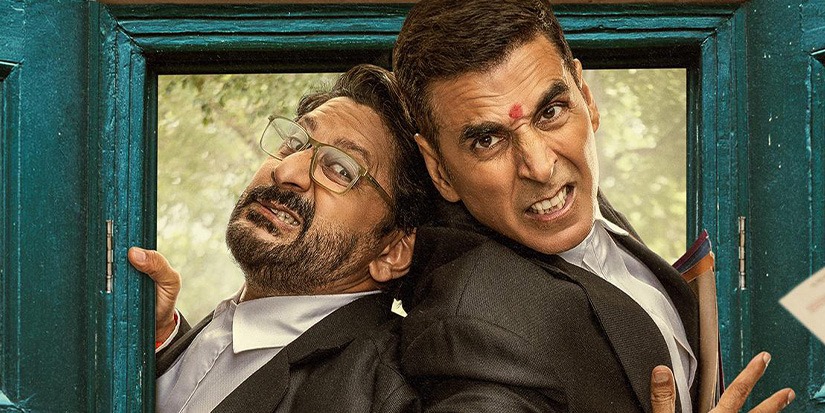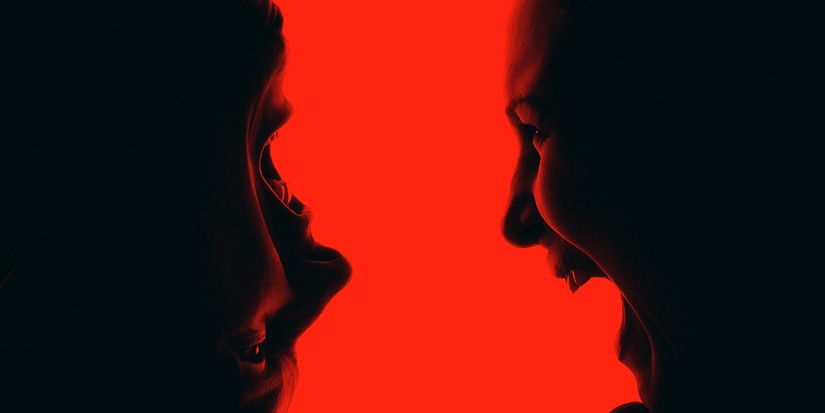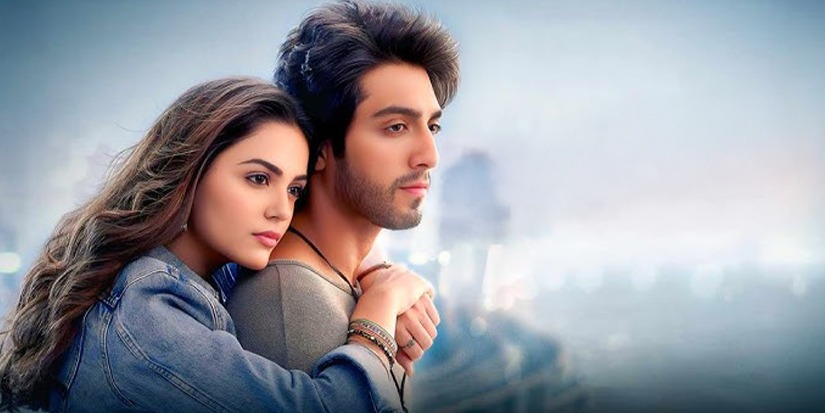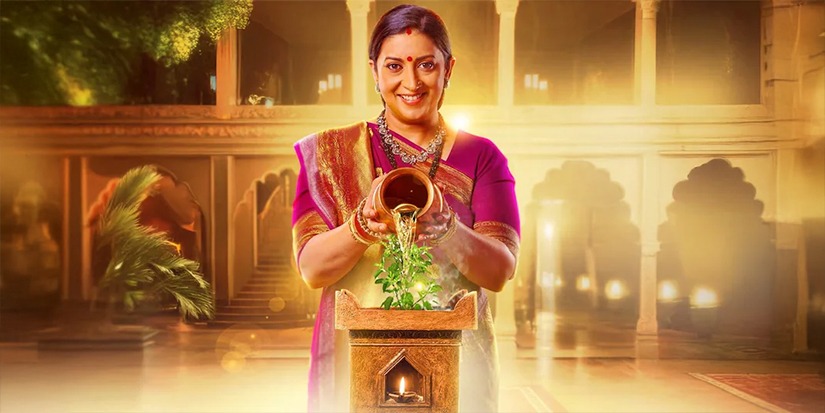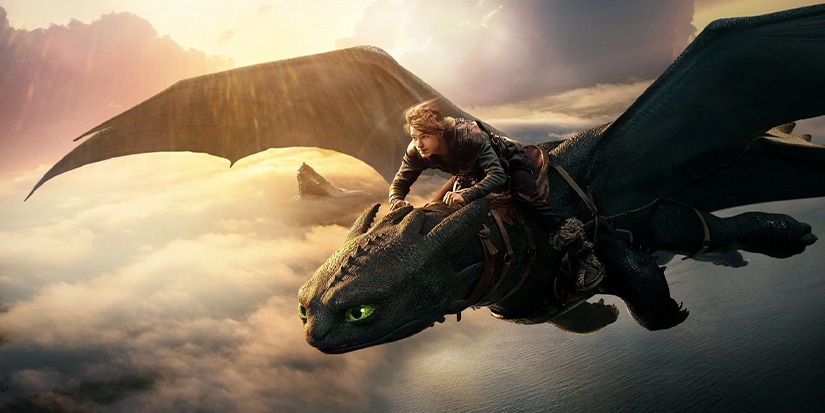Written by Helen Edmundson and Philippa Goslett, the movie opens with Mary (Rooney Mara) in the settlement of Magdala. The director, Garth Davis, offers a thought-provoking take and a quiet, revolutionary depiction of the compelling figure.
The script strives to reposition Mary Magdalene as something akin to a radical free spirit, in order to counter the slander her name has carried for centuries. She is mentioned in each of the four gospels in the New Testament, but not once does it mention that she was a prostitute or a sinner, yet she has been associated with these slurs.
All the biblical characters (Peter, Judas and others) are presented as men rather than icons. Mary Magdalene appears in virtually every scene, whether enraptured by the sermons of Jesus (Joaquin Phoenix) or tending to the starving victims of Roman oppression.
In the movie, she is first seen engaging in impromptu yet improbably successful midwifery and afterwards she rejects the love match, made for her by an overbearing father (Denis Menochet). She then flees home altogether after her family attempts to exorcise the demon they perceive she is possessed with.
??? ??????? ?????? ????????? ??????????
?????? ??????? ??????? ??? ??????? ????????????
????? ???? ??????? ???????????? ???????
????? ?????????? ??????? ?????????? ??????? ?????
??? ?????? ????? ????? ??????? ????? ?????
Mary resists patriarchal control in order to find her own path and comes to be fervently criticised by elders for her choices. She then meets the spiritual leader everyone has been talking about and an instant connection is established. She follows him around and we get to see Jesus restore someone’s blindness, bring someone back from the dead, and other remarkable things.
These scenes, brilliantly scored by the composer Jóhann Jóhannsson, colour the rest of the film, and allow you to grasp just why the apostles were so willing to follow a somewhat berserk, beardy person through the desert. It is the last film scored by the composer before his death. The tremendously talented Icelandic composer previously crafted the scores for Arrival, Sicario and The Theory of Everything, among others.
We experience the story of Christ through Mary Magdalene’s eyes, and Davis offers admirable, intelligent sympathy to the Christian faith from his position outside it. It’s admirable that a young director in the wake of Oscars success has chosen such a risky follow up, and though the result isn’t completely satisfying, the attempt is worthwhile.




